In New South Wales public schools, if you get your child’s school report card and hope to see straight A’s you’re set to be disappointed. Grades aren’t what they used to be.
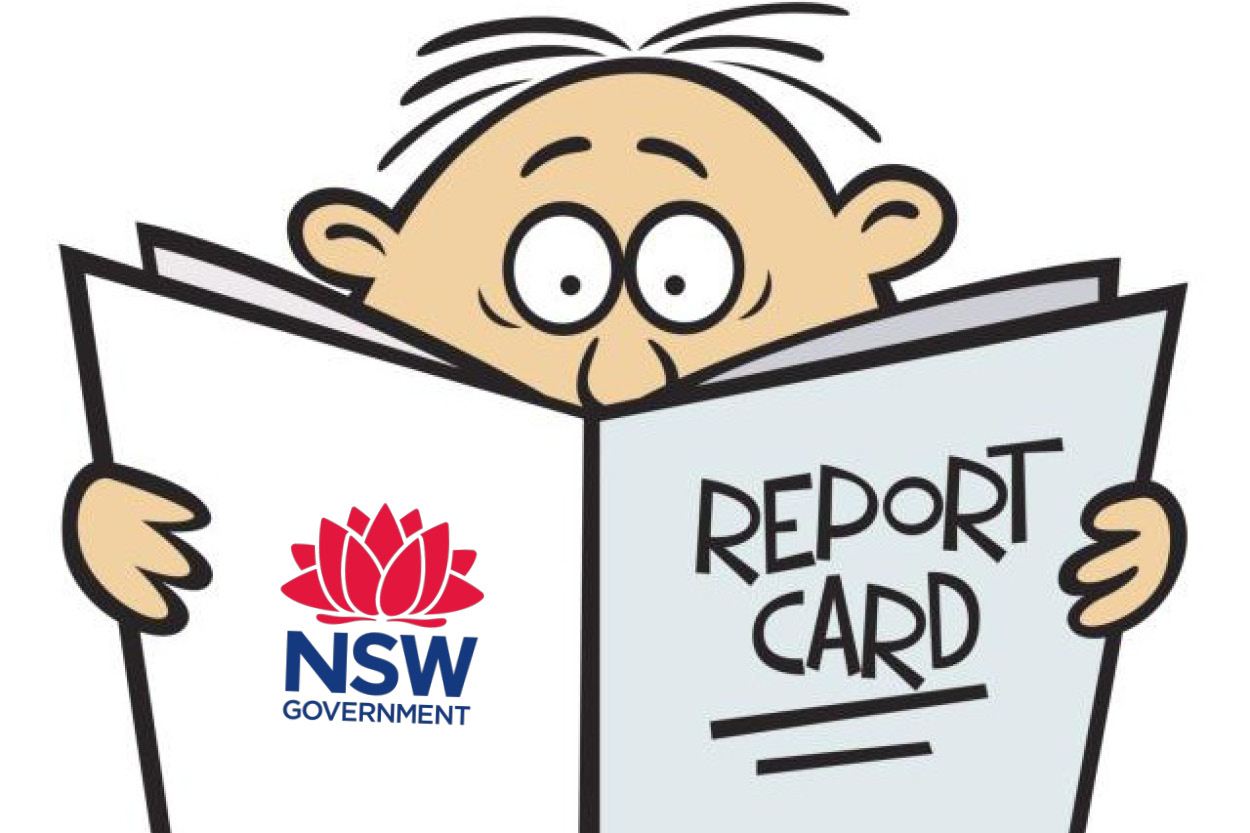
Everybody likes to think their child has plenty going on upstairs; despite frequent evidence to the contrary. Be honest; they couldn’t find their shoes if they were hanging from a piece of string a foot in front of their face. And they’ve been unable to remember the “no balls in the house rule” despite it being screamed in their face over 100 times. There’s a reason why we all walk around with a bag full of wet wipes and band aids and it’s not because we spawned little geniuses.
After all, in less than a minute they can unlock your phone, load up Fortnite and use a credit card to purchase an outfit that you can assume was created by a leprechaun vomiting on a llama… while doing the floss dance. Plus, they can accurately spot the slightest fraction of a difference between the two halves of a split banana (especially if the bigger half goes to a sibling). And you’re reasonably confident they could break into Fort Knox if they knew a lolly bag was inside.
So why the straight C’s on my kid’s school report card? Is my child really as thick as a telegraph pole? Is it goodbye rocket scientist; hello tagging “Mona Vayle Rulez” on your local street signs?
Well recently I found out that both scientist and street artist remain on the cards. Hooray (I think).
A Quick Introduction
The information in this guide is relevant to all parents of kids at NSW primary public schools. I’m a father of three kids, all attending Mona Vale Public School in Sydney’s north. I’m also the vice-president of the P&C, who put his hand up to volunteer for three reasons: I didn’t think it was fair to whinge about decisions being made if I wasn’t being active in the decision-making process. There were no other dads in attendance. And I wanted to make sure our local kids were getting the best possible opportunities to enjoy school.
When I am not doing that, I'm a children's book author. I also run Old Mate Media, a local business that creates and publishes books of all shapes, sizes and genres for authors and parents all over the world.
How Does Your Child’s School Report Card Work
It would seem a large number of parents at my local public school in Sydney, Australia, are equally as confused. Enough questions (accusations?) about grades were levelled at that staff room for Mona Vale Public School for a teacher to get up and detail the grading system at the most recent P&C meeting. Attendees were given a rundown of how the grading system works and I’m going to explain it all here for parents who couldn’t make it.
The reporting system is called the Common Grade Scale. It has been implemented across all NSW public schools by the government’s Education Standards Authority. There are five performance grades on the scale; A through E. The only similarities that grading system has with what most of you, the parents, would have experienced as a child is that it tends towards a bell curve across any given year. Outside of that, it’s all different. It’s not about the A’s.
For our kids, a C on the school report card is a perfectly good result. This identifies that the child is exactly where they are supposed to be at that given moment in time. If it’s Semester 1, Year 2 and your child gets a C, then they are on point. They have nailed it: they’ve got an A in the old system we grew up with. They’re exactly where they are supposed to be, for the Semester 1, Year 2 syllabus.
If they get a B, well they are performing one-year level ahead of where they are supposed to be. If they get an A, they are performing two year levels ahead of where they are supposed to be. And vice-versa as you spiral down towards D and E.
So, it’s a very different way of looking at it. Having a B or A may indeed show that your child has a greater aptitude for a subject, but it could also mean they are one of the older kids and slightly outgrowing the syllabus. Or that they siphoned off a lot of information from their older sibling’s homework.
For the school, and the state, for kids to be predominantly getting C’s means that the syllabus is right.
How to Tell if your Child is Improving
What I also found intriguing is the concept of a “moment in time.” At the briefing it was explained that getting a C in Semester 1, Year 2 and then getting a C in Semester 2, Year 2, doesn’t mean that your child is stagnant. It means they were on point at the halfway mark of the year with everything they had been taught and had progressed as expected with everything taught in Semester 2. They had improved.
Further to that, as the syllabus changes each year, so too can the grades without identifying an issue with your child. In Semester 2 of Year 2 the maths syllabus may look at multiplication and your child may get a B. In Semester 1 of Year 3, it could be division and fractions that is the syllabus and your child may get a C. This doesn’t identify that your child has regressed; it just indicates where they are in understanding different parts of the syllabus. What is taught in that moment in time is different.
In short, your kid is doing well. Don’t clip ‘em round the ears just yet.
There is one last thing worth identifying and that is the overview of the entire year’s grading. This seems like a great opportunity to compare your child with the masses to see how they are travelling. But that’s not necessarily what this information is showing. In truth what it shows is how well the school is doing. It’s not a test score; it’s a mark of progress.
What about those Sketchy School Report Card Comments?
Another interesting titbit I picked up on was the way comments are handled. While the grading system for NSW public school is standard, there is room for schools to customise the way they do their reporting. Some, for example, don’t provide comments alongside the grade scores at all, while others do.
What may come us more of a surprise is that in most cases, only the English, Maths and the final comment are unique to your child. The other comments you read are pre-set, selected and shown by a computer based on their grade, and with your kid’s name inserted in the blanks. The comment is less a review of your child’s performance and more an explanation of the grade. Super misleading in my opinion.
Still, I was glad to hear the comments weren’t about my child. When I saw C’s going all the way down the report card next to comments so generic vanilla would call them vanilla, I assumed the teacher was so over it by the time they got my kid they could barely even remember their face let alone whether or not they could find Australia on a map.
Other Interesting Insights about School Report Cards
There was more revealed at the briefing, and I must thank the school for taking the time to explain it all to the handful of parents who braved a rainy wintery night to turn up. Notably, teachers do catch up and share works/assessments with each other to discuss how a school year is travelling overall and not just in individual classes. This is to try and get a more well-rounded view of what is a “sound” amount of progress and therefore a C.
The Kindergarten school report cards do not follow the same grading process as the other years. This is because the school can’t vouch for the foundations and teaching background of each of the kids that arrive on day one. Some may have gone to day care; others might have stayed at home. And wherever they were, the learnings weren’t standardised. So, Kindy parents get a simpler grading system – working towards, working at or working beyond.
Those of us in New South Wales can be quietly confident we’re the biggest brains in Australia - because, you know, Sydney rules. But there is no way to accurately compare your child with their cousin up north farming bananas in glorious warmth. Or those down south sipping their lattes and enjoying a functional public transport system. The grading process is different in every state.
Why? Because the government is dumb. And it does dumb things. Relentlessly.
Where to Next?
I hope this information has helped ease any fears you may have had upon receiving your school report card. If you’ve read this far and want to learn a little bit more about what we do, well, we make books for people all around the world. This includes children’s books, so feel free to take a look at some of our work to see if anything takes your fancy. Maybe they will help push your child’s English score to a C!

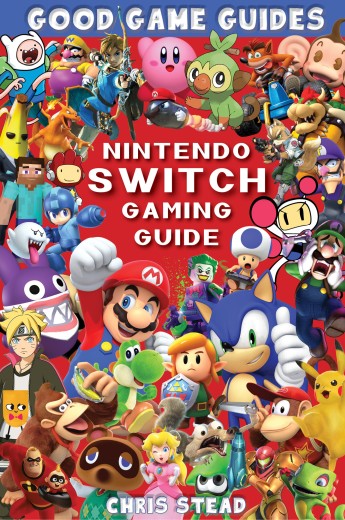

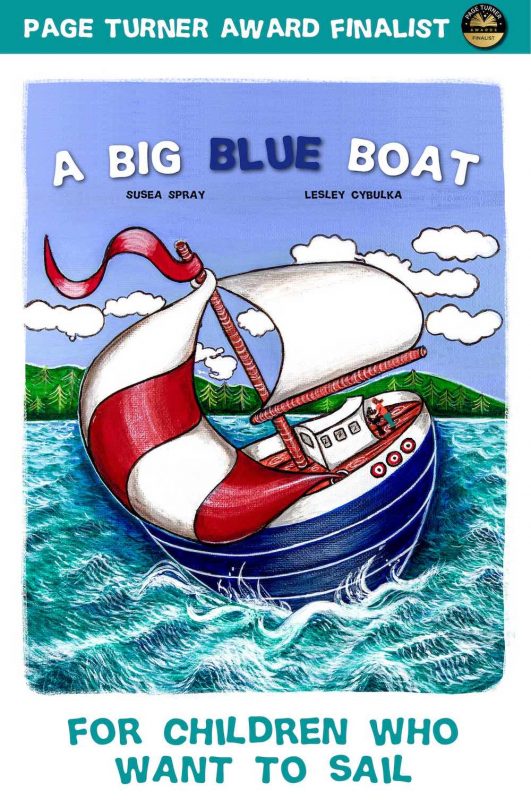
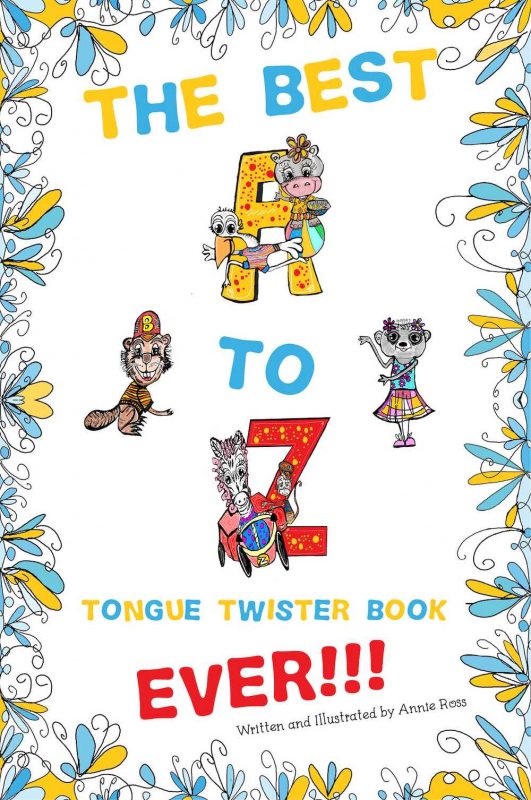
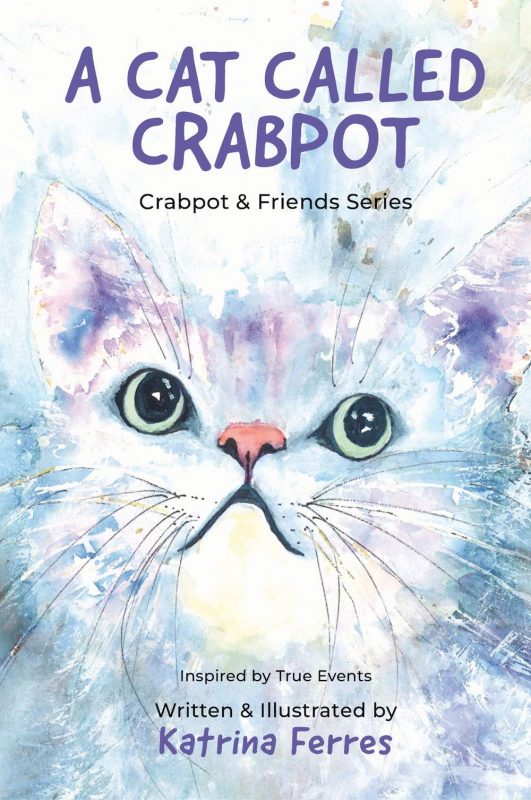
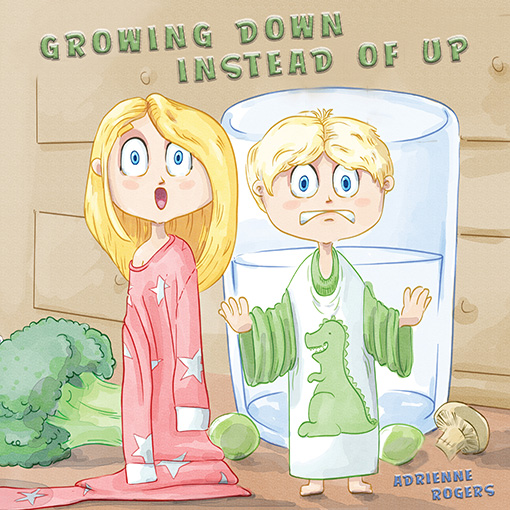
Great article, Chris - love your work. Informative and made me chuckle as a parent, especially the intro.